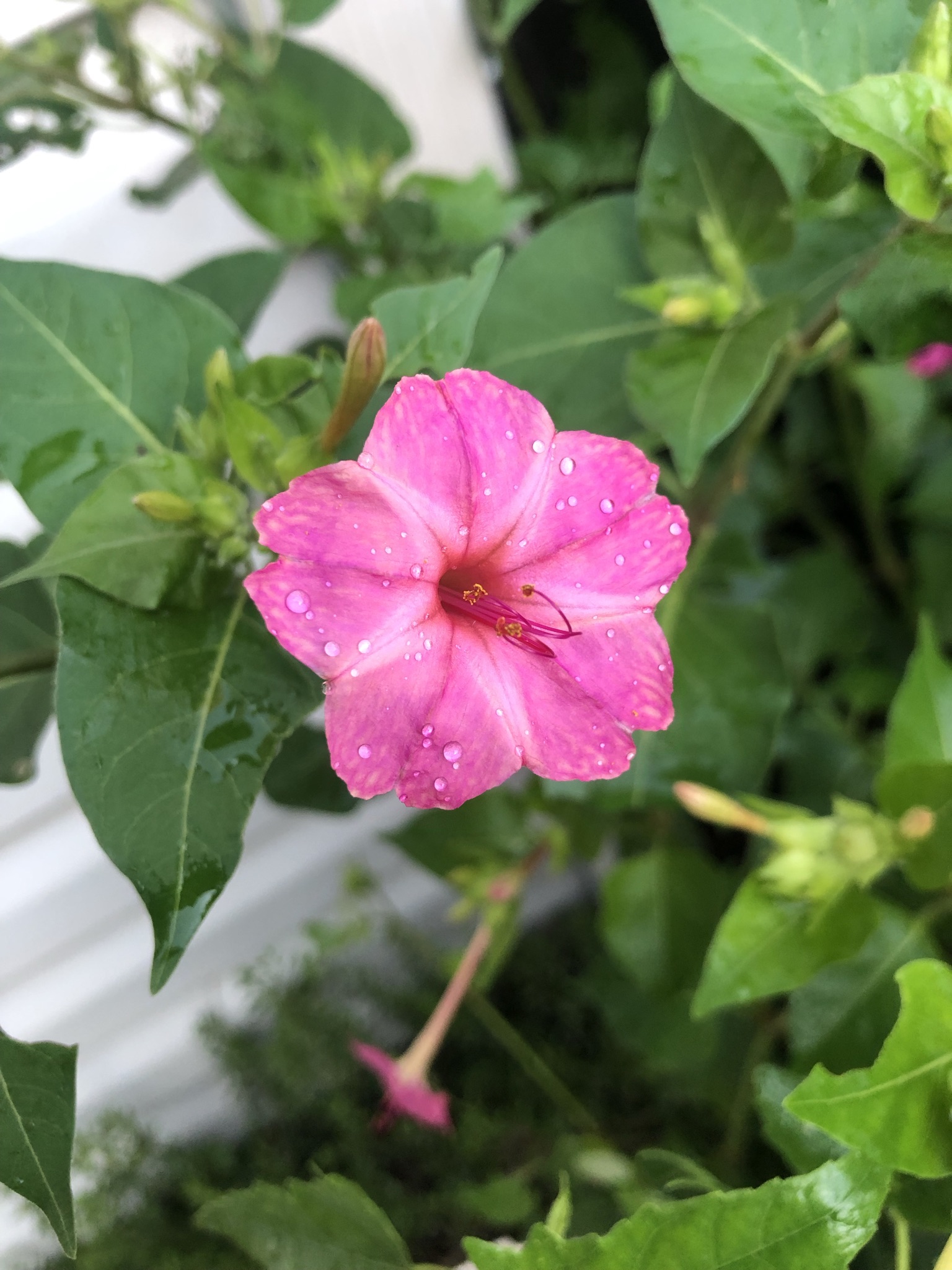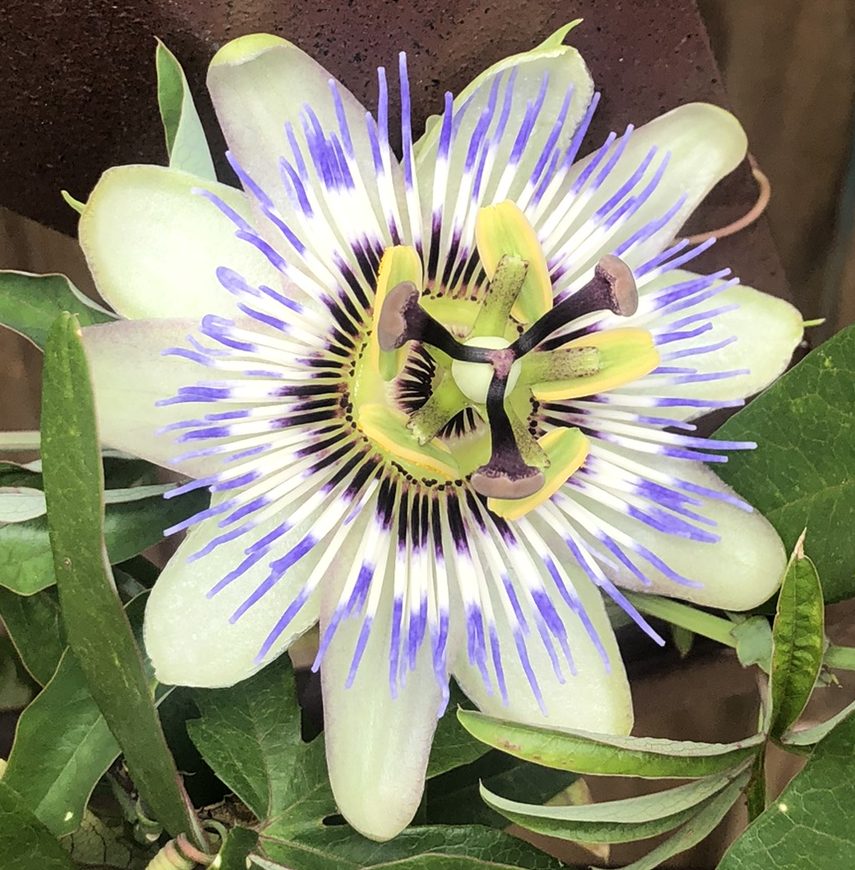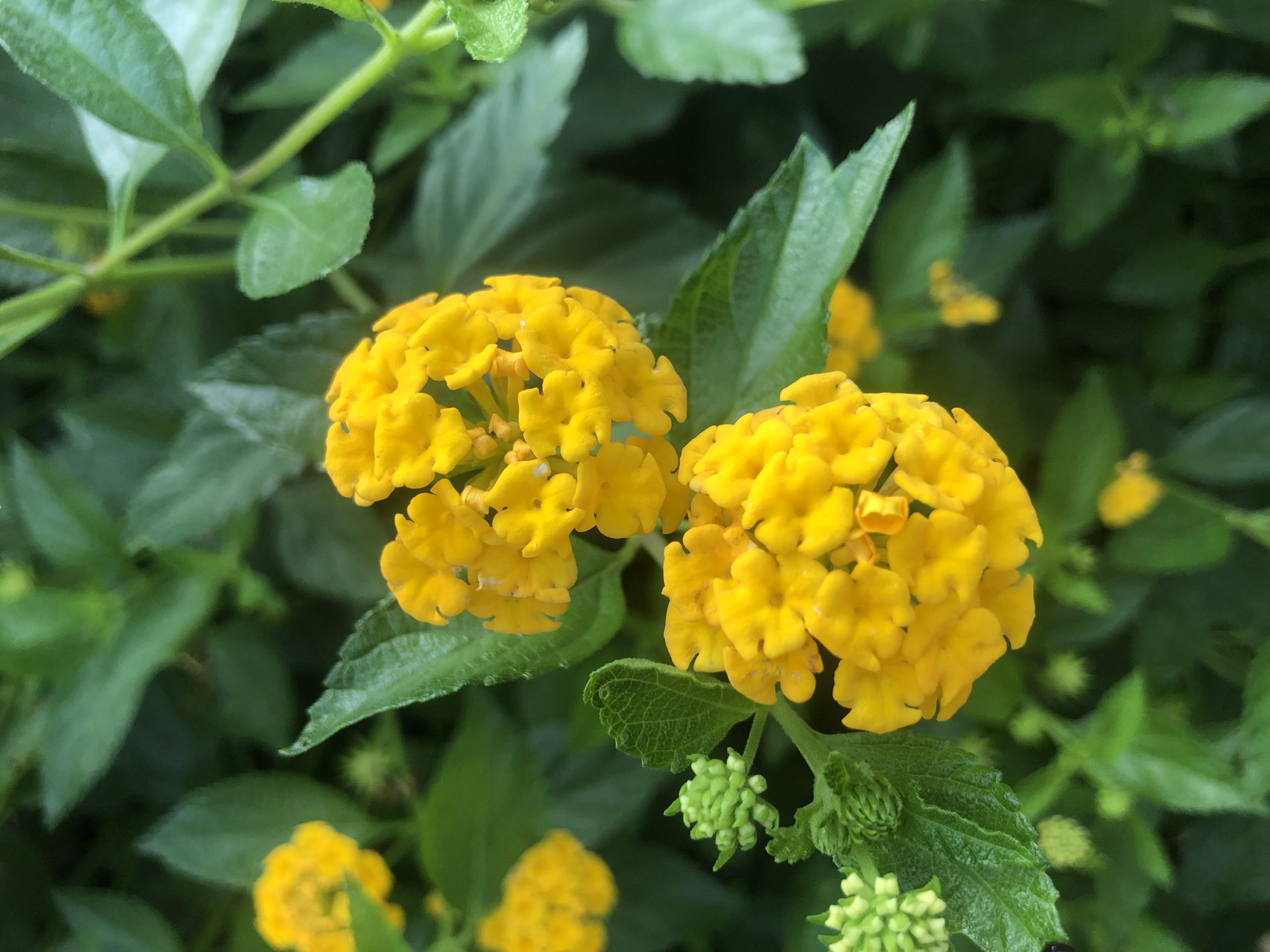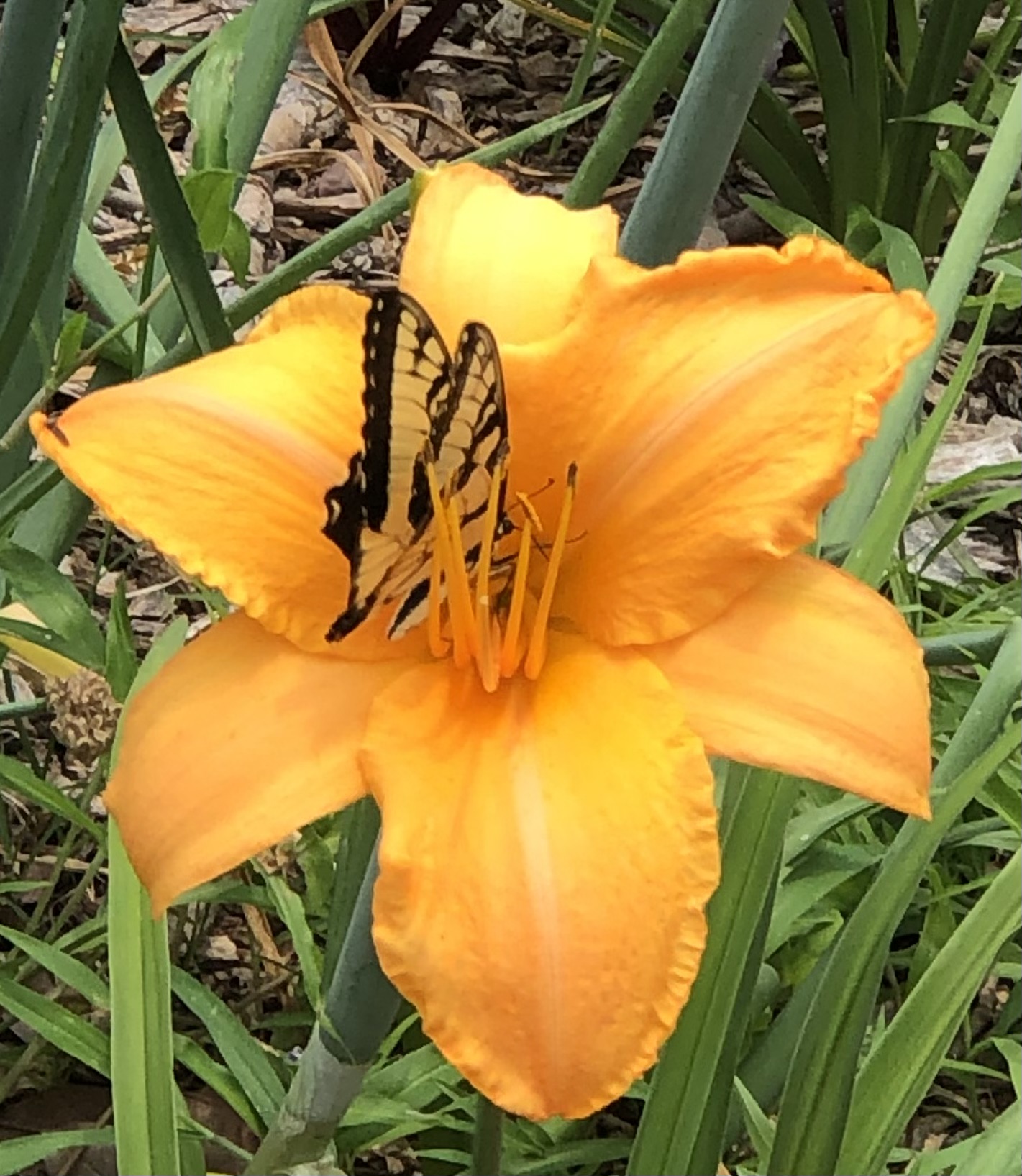 This is the time of year when people find out if they chose the right plant in the right place with the right amount of water. The opposite of the deep-freeze of winter, this scorching summer heat and lack of rain is pushing plants to their limit. We are inundated with customers complaining about dead gardens and lawns. With water restrictions in place, it is really difficult to get your plants and grass enough water to withstand the onslaught of summer.
This is the time of year when people find out if they chose the right plant in the right place with the right amount of water. The opposite of the deep-freeze of winter, this scorching summer heat and lack of rain is pushing plants to their limit. We are inundated with customers complaining about dead gardens and lawns. With water restrictions in place, it is really difficult to get your plants and grass enough water to withstand the onslaught of summer.
It doesn’t have to be this way. Properly designed, with sufficient moisture from an irrigation system or obsessive hand watering, your garden can in fact survive the summers of North Texas. As part of this, it is critical to water your plants deeply and infrequently. Deep watering is critical to helping your plants establish deep roots. Plants that are frequently watered may have the roots find their way closer towards the surface where they can be damaged by hot dry soil. If you are in an area with water restrictions, and even if you are not, you can accomplish this by extending the run time of each zone on the days it is designated to run.
 The heavy clay soils of North Texas can be difficult to water deeply, and you may see excess runoff from your garden and lawn soil onto the pavement. To prevent this, use a cycle and soak method. Modern irrigation systems have this “cycle and soak” programming built in for you to customize to your plants and soil. If you are noticing runoff from your clay soil, reduce the run time of the zone and add a soak time in your cycle and soak settings. This will allow the silt and clay to absorb the water that has been put down before the second irrigation cycle begins. All watering should be done in the morning or evening in order to minimize evapotranspiration and maximize soil absorption.
The heavy clay soils of North Texas can be difficult to water deeply, and you may see excess runoff from your garden and lawn soil onto the pavement. To prevent this, use a cycle and soak method. Modern irrigation systems have this “cycle and soak” programming built in for you to customize to your plants and soil. If you are noticing runoff from your clay soil, reduce the run time of the zone and add a soak time in your cycle and soak settings. This will allow the silt and clay to absorb the water that has been put down before the second irrigation cycle begins. All watering should be done in the morning or evening in order to minimize evapotranspiration and maximize soil absorption.
What is evapotranspiration? Evapotranspiration is the combination of water removed from soil and plants through the process of transpiration and evaporation. Both of these are accelerated by direct sunlight and high temperatures. This summer sun in North Texas is literally sucking all of the moisture from your plants, and if we have any wind it only gets worse! Even your most sun loving and heat tolerant plants can’t survive if more water is removed than can be supplied to them. So, if water restrictions are making it difficult to add enough water to your garden, it is time to look at stopping the amount of moisture you are losing.
Install shade cloth over delicate or heat-sensitive plants to provide some respite from direct sunlight. This is especially true for any plants that are exposed to the scorching afternoon sun. Shade cloth can reduce the intensity of sunlight, lower air and soil temperatures, and protect plants from sunburn. Additionally you can use windbreaks, such as hedges or fences, to shield plants from strong winds. Wind can exacerbate heat stress by increasing evaporation and drying out plants faster.
 If you haven’t already, put down a layer of mulch. Mulch helps the soil to retain moisture, lowers the temperature of the soil, and provides excellent weed control. In addition, as it breaks down, mulch releases much needed nutrients into the soil. Old mulch should also be raked out and replaced occasionally if has dried out too much. Check your old mulch by dribbling a few drops of water on top: if it is immediately absorbed you should be fine. On the other hand if the small droplets of water bead on top of the mulch without being absorbed you should replace the dried out mulch with new mulch. We encourage the use of un-dyed shredded hardwood mulch that has been mixed with a little compost. Other choices of mulch include straw, leaves, or grass clippings.
If you haven’t already, put down a layer of mulch. Mulch helps the soil to retain moisture, lowers the temperature of the soil, and provides excellent weed control. In addition, as it breaks down, mulch releases much needed nutrients into the soil. Old mulch should also be raked out and replaced occasionally if has dried out too much. Check your old mulch by dribbling a few drops of water on top: if it is immediately absorbed you should be fine. On the other hand if the small droplets of water bead on top of the mulch without being absorbed you should replace the dried out mulch with new mulch. We encourage the use of un-dyed shredded hardwood mulch that has been mixed with a little compost. Other choices of mulch include straw, leaves, or grass clippings.
Remember, it’s essential to understand the specific needs of your plants and adapt the protective measures accordingly. Factors such as plant species, maturity, and local weather patterns can influence the level of care required. Choose heat-tolerant plants that are well-suited for Zone 8. Better yet, always plant native plants wherever possible. These plants are better equipped to withstand the hot temperatures and frequent droughts that define the summer time in North Texas. Regularly monitor your plants for signs of heat stress, such as wilting, yellowing, or browning leaves. Adjust your watering and shading practices accordingly to provide the necessary relief.
Need help with your irrigation or sprinkler system? Does your garden need an overhaul or just a general checkup? Give us a call at 877-558-1496, or drop us a line and contact us here, to find out how Desiree can help you create a wonderful garden with a budget you can afford.
Like what you’re reading? Get information like this delivered straight to your email inbox by signing up here. We will never sell your information, and you can unsubscribe at any time.





